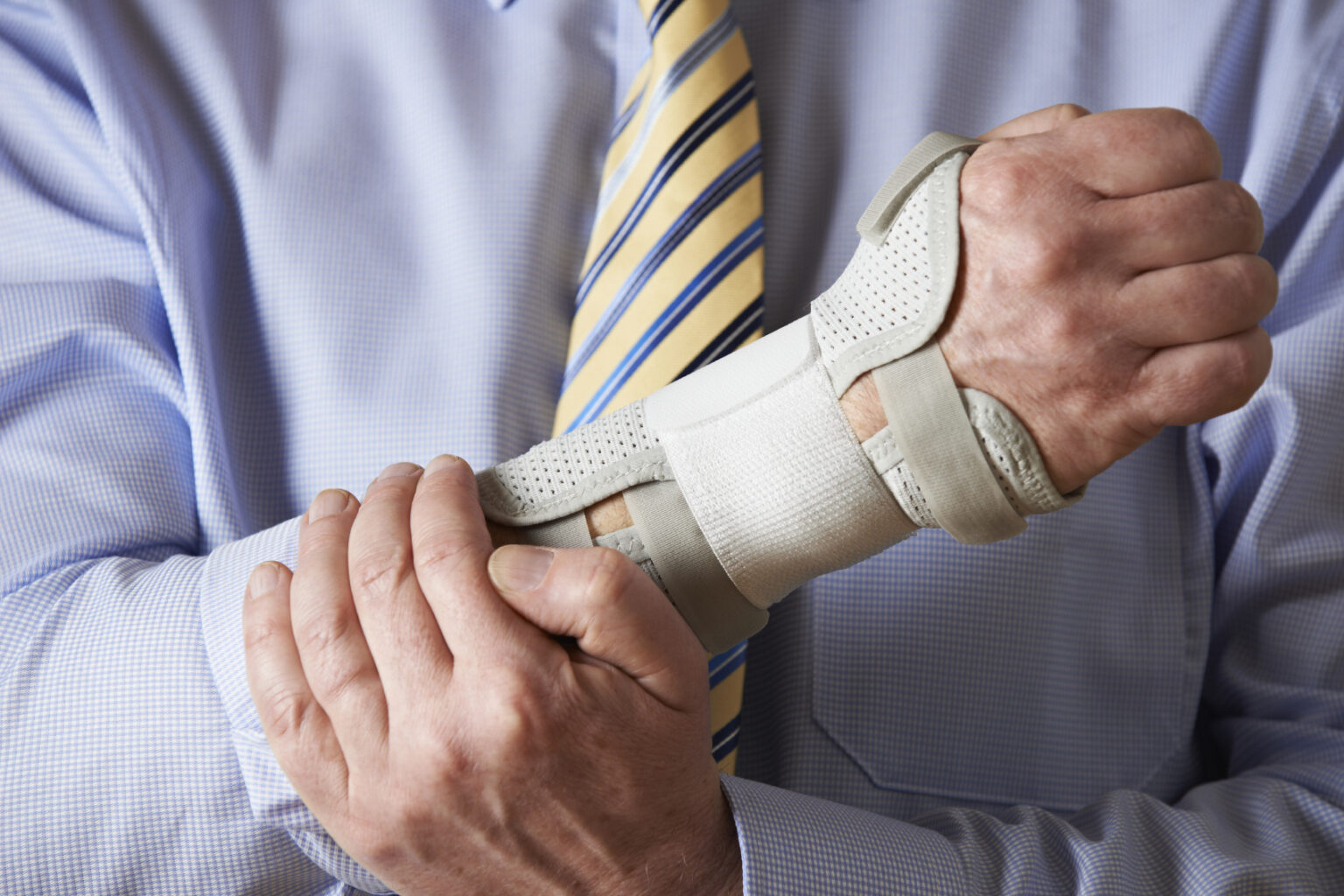
Interpreting the statute of limitations in personal injury cases in New Jersey
You may be entitled to restitution if you have been injured in an accident in New Jersey. However, it is important to understand the statute of limitations in personal injury cases in New Jersey. The statute of limitations is the period limit within which you must file a lawsuit or lose your right to do so. Here is more to help you understand the statute of limitations in personal injury claims in New Jersey.
Statute of Limitations for Personal Injury Claims
The statute of limitations for personal injury in New Jersey is two years from the accident date. This means you must file a lawsuit within two years from the accident date, or you will lose your right to do so. If you fail to file a lawsuit within the statute of limitations, the court will likely dismiss your case.

Exceptions to the Statute of Limitations
Some exceptions to the statute of limitations in personal injury cases in New Jersey exist. These exceptions may extend the time limit for filing a lawsuit, and it is best to engage a Teaneck personal injury attorney in these situations:
Minors
If the injured person is a minor at the time of the accident, the two-year statute of limitations does not begin until the minor reaches the age of 18. This means a minor has until their 20th birthday to file a lawsuit.
Insanity or disability
If the injured person is deemed legally insane or disabled during the accident, the statute of limitations may be extended. The clock will start ticking once the person is lawfully considered sane or the disability is removed.
Fraud
If the defendant engaged in fraudulent conduct that prevented the injured person from discovering the injury or filing a lawsuit, the statute of limitations might be extended. It is important to note that these exceptions are rare, and you should not count on them to extend the time limit for filing a lawsuit.
Why the Statute of Limitations Matters
The statute of limitations is essential for several reasons. First, it ensures that cases are brought to court while evidence is still fresh and witnesses are available. As time passes, memories fade, witnesses move away, and evidence is lost. Waiting too long to file a lawsuit can make it challenging to prove your case.
Second, the statute of limitations protects defendants from having to defend against stale claims. If a claim is too old, it may be difficult or impossible for the defendant to defend themselves. By requiring plaintiffs to file a lawsuit within a specific time frame, the statute of limitations ensures that defendants have a fair opportunity to defend themselves.

What Ensues If You Miss the Statute of Limitations?
You will likely lose your right to file a claim if you miss the stipulated statute of limitations. The court will probably dismiss your case, and you will not be able to recover compensation for your injuries.
THE TAKEAWAY
Be aware of the statute of limitations and consult a personal injury lawyer after an accident to ensure you do not miss the deadline.







